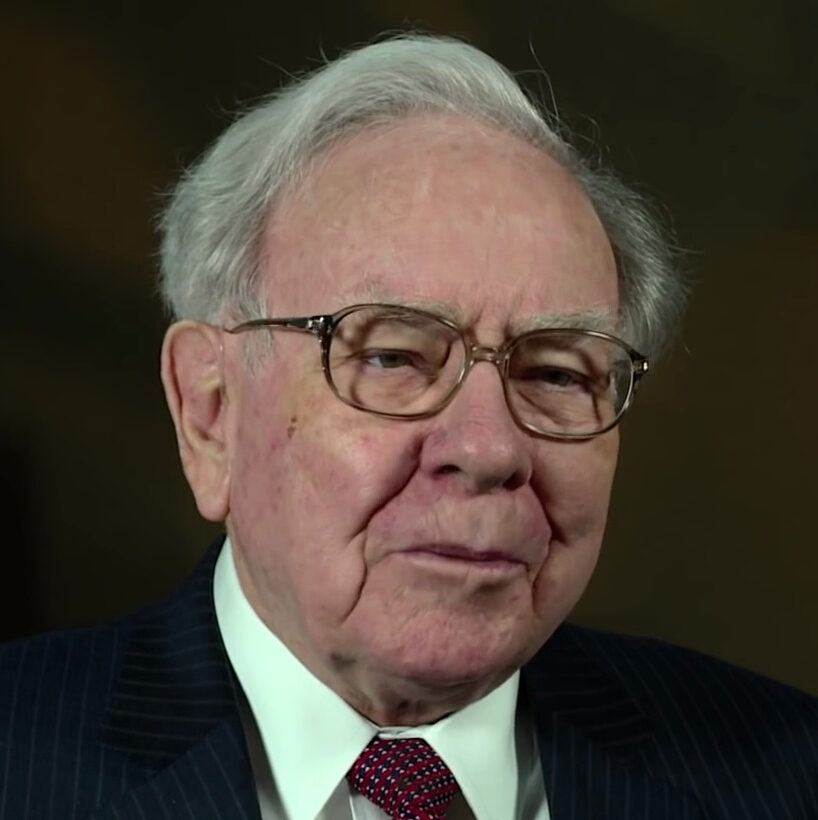The stock price of Berkshire Hathaway experienced a significant decline today, falling by double digits, reflecting a loss of investor confidence and a shift in market sentiment. This sharp drop marks a notable change in the company’s valuation, which has historically been supported by what is often called the “Buffett premium.” The premium refers to the additional value that investors have traditionally assigned to Berkshire Hathaway due to Warren Buffett’s leadership and investment acumen.
In recent months, Berkshire Hathaway’s stock has been under pressure, influenced by broader market volatility and concerns about the company’s investment holdings. Despite a history of resilient performance, the recent sell-off has raised questions about whether the decline is an isolated event or part of a larger trend of reevaluation in the market. The disappearance of the Buffett premium indicates that investors may be rethinking the company’s valuation, possibly due to shifting economic conditions or changes in Buffett’s investment strategy.
The decline was driven by several factors, including increased market fears of economic slowdown, rising interest rates, and concerns about the performance of Berkshire Hathaway’s diverse portfolio of companies. The decline has impacted a broad range of stakeholders, from individual investors to institutional shareholders, prompting discussions about whether further declines are likely.
Market analysts suggest that the loss of the Buffett premium could signal a reevaluation of Berkshire Hathaway’s intrinsic value. Some experts believe this could lead to further selling as investors adjust their expectations, while others see this as an opportunity for long-term investors to reassess their positions.
Looking ahead, investors are advised to monitor upcoming earnings reports and any new strategic moves by Berkshire Hathaway. The company’s performance in the coming quarters, along with macroeconomic developments, will be crucial in determining whether this decline is a temporary correction or the start of a more sustained downturn.
What caused the sharp decline in Berkshire Hathaway shares?
The decline was primarily driven by a decrease in investor confidence due to broader market fears, concerns about Buffett’s leadership, and the disappearance of the “Buffett premium,” which historically added value to the company’s stock.
Could this decline be temporary or indicative of a longer-term trend?
While some analysts see it as a short-term correction influenced by market volatility, others believe it might signal a longer-term reevaluation of Berkshire Hathaway’s valuation, especially if macroeconomic conditions worsen.
What should investors watch for in the upcoming months?
Investors should keep an eye on Berkshire Hathaway’s quarterly earnings, any strategic updates from Buffett, and broader economic indicators that could influence the company’s future performance and stock valuation.







